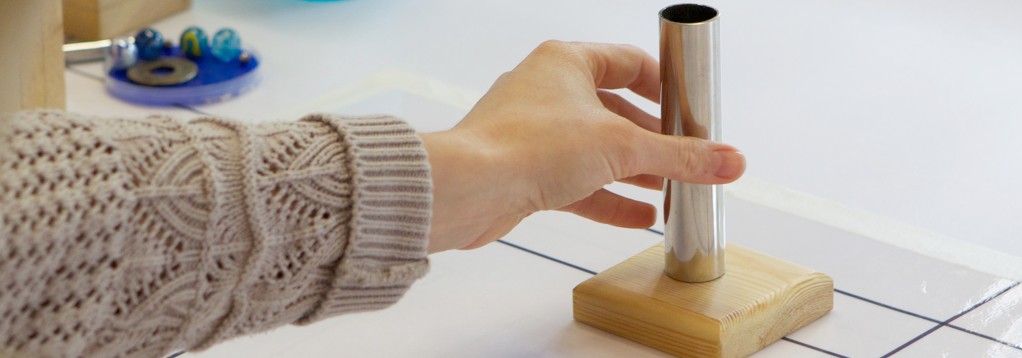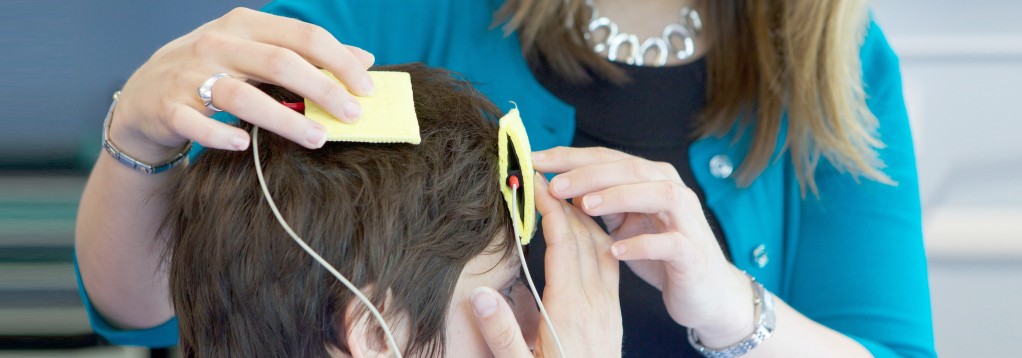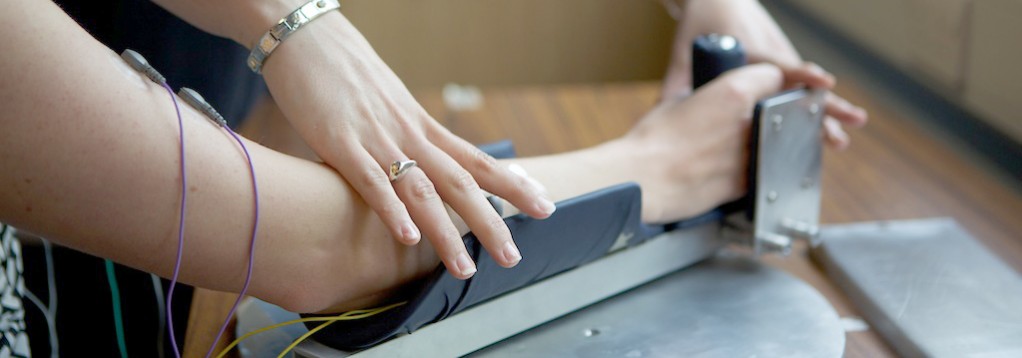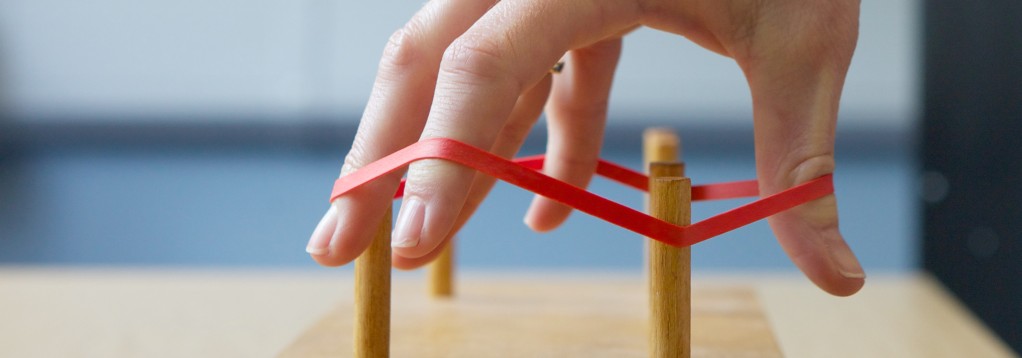Members of our AbiliTec team have recently been awarded funding from NHS England – East of England to provide a practice-based evaluation of telerehabilitation services for people after stroke and their carers in the region.
Dr Nicola Hancock (Associate Pro-Vice-Chancellor for Innovation at UEA and Lead, AbiliTec), Senior Research Associate Elizabeth Chandler and Professor Valerie Pomeroy (Rehabilitation lead for the Acquired Brain Injury Rehabilitation Alliance (ABIRA), will be working in collaboration with Charlie Dorer, Stroke Quality Improvement for Rehabilitation (SQuIRe) Manager, NHS England – East of England, to support the implementation of the new Integrated Community Stroke Service, using remote working and telerehabilitation.
The team will work to deepen understanding about where, how, and when to use telerehabilitation services to best meet NHS policy drivers for community stroke rehabilitation. The views of people after stroke, their carers and clinical teams will be at the centre of the year-long project, beginning March 2023, using a range of health service improvement methods including discussion groups, interviews and a survey. The work will result in a decision tree to help services to shape methods of rehabilitation delivery according to people’s individual needs.
The pandemic has demonstrated that NHS services can rapidly adapt to using telehealth and telerehabilitation. Blended approaches to delivery have already been adopted and there is recognition that telerehabilitation can be an appropriate method in some cases.
Dr Nicola Hancock
Dr Hancock said, “We are delighted to be getting underway with this important work with our partners at NHS England – East of England. The pandemic has demonstrated that NHS services can rapidly adapt to using telehealth and telerehabilitation. Blended approaches to delivery have already been adopted and there is recognition that telerehabilitation can be an appropriate method in some cases. But further evaluation, particularly centred on the experiences of staff and people after stroke and their cares, is required to increase understanding of when, where and how such services work best and to ensure that people’s needs are met. This work will directly impact clinical practice in community stroke services.”
Dr Hancock leads our AbiliTec research group, a collaboration aiming to support co-production of innovative technologies for rehabilitation. If you’re interested in working together, visit the group’s webpage to find out more, or email the team at ueahscp@uea.ac.uk.



